Organizers


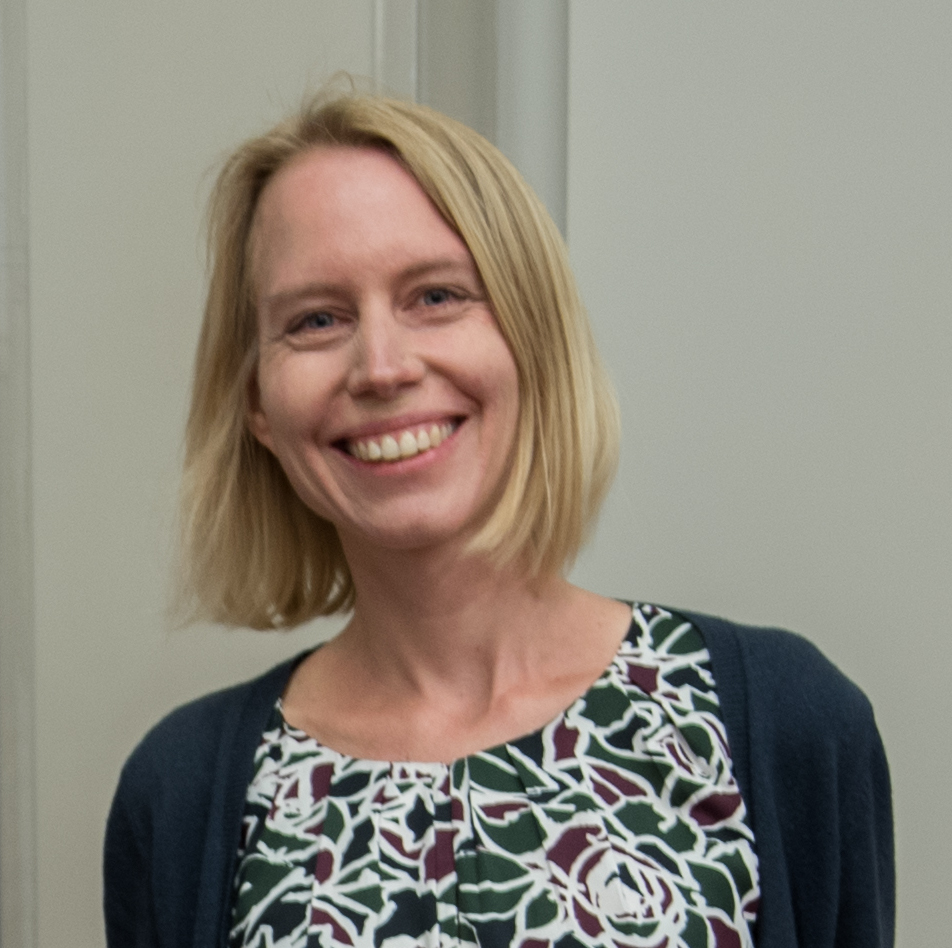

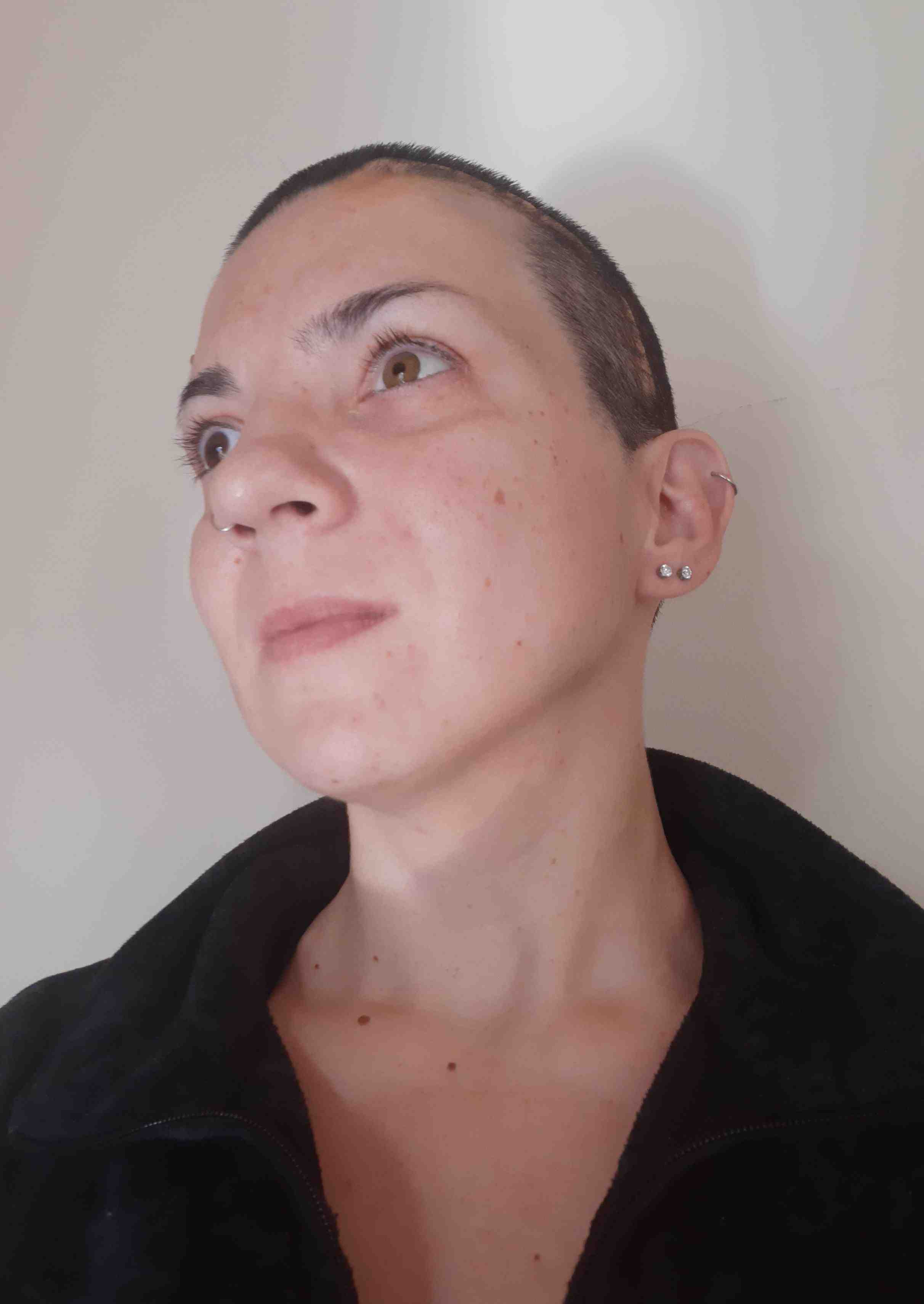


Bio
Hanie Sedghi a Senior Research Scientist at Google DeepMind where she leads the DeepPhenomena team. The focus of her research has been understanding deep learning models to push their boundaries; not just for (out-of-distribution) generalization, but also the broader sense of algorithmic and scientific reasoning capabilities (of large language models). She is a workshop chair for NeurIPS 2022 as well as tutorial chair for ICML 2022 and 2023, a program chair for CoLLAs 2023 and has been an area chair for NeurIPS, ICLR and ICML and a member of JMLR Editorial board for the last few years. Prior to Google, Hanie was a Research Scientist at Allen Institute for Artificial Intelligence and before that, a postdoctoral fellow at UC Irvine. She received her PhD from University of Southern California with a minor in Mathematics.


Bio
Manuel Gomez Rodriguez is a faculty at Max Planck Institute for Software Systems. Manuel develops human-centric machine learning models and algorithms for the analysis, modeling and control of social, information and networked systems. He has received several recognitions for his research, including an outstanding paper award at NeurIPS’13 and a best research paper honorable mention at KDD’10 and WWW’17. He has served as track chair for FAT* 2020 and as area chair for every major conference in machine learning, data mining and the Web. Manuel has co-authored over 50 publications in top-tier conferences (NeurIPS, ICML, WWW, KDD, WSDM, AAAI) and journals (PNAS, Nature Communications, JMLR, PLOS Computational Biology). Manuel holds a BS in Electrical Engineering from Carlos III University, a MS and PhD in Electrical Engineering from Stanford University, and has received postdoctoral training at the Max Planck Institute for Intelligent Systems.
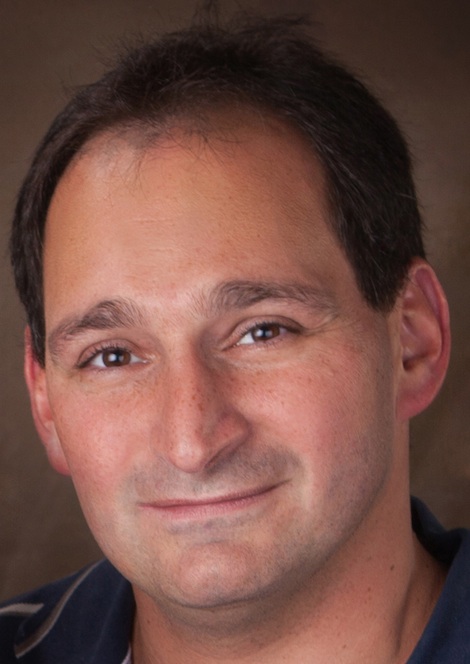

Bio
Virginia Smith is an assistant professor in the Machine Learning Department at Carnegie Mellon University, and a courtesy faculty member in the Electrical and Computer Engineering Department. Her research interests span machine learning, optimization, and distributed systems. Prior to CMU, Virginia was a postdoc at Stanford University, received a Ph.D. in Computer Science from UC Berkeley, and obtained undergraduate degrees in Mathematics and Computer Science from the University of Virginia.

Bio
Barbara E. Engelhardt is a professor at Stanford University. She joined from Princeton, where she was a professor from 2014-2022, and previously Duke University, where she was an assistant professor from 2011-2014. She graduated from Stanford University and received her Ph.D. from the University of California, Berkeley, advised by Professor Michael Jordan. She did postdoctoral research at the University of Chicago, working with Professor Matthew Stephens, and three years at Duke University as an assistant professor. Interspersed among her academic experiences, she spent two years working at the Jet Propulsion Laboratory, a summer at Google Research, and a year at 23andMe, a DNA ancestry service. Professor Engelhardt received an NSF Graduate Research Fellowship, the Google Anita Borg Memorial Scholarship, and the Walter M. Fitch Prize from the Society for Molecular Biology and Evolution. As a faculty member, she received the NIH NHGRI K99/R00 Pathway to Independence Award, a Sloan Faculty Fellowship, and an NSF CAREER Award. Professor Engelhardt’s research interests involve developing statistical models and methods for the analysis of high-dimensional biomedical data, with a goal of understanding the underlying biological mechanisms of complex phenotypes and human disease.
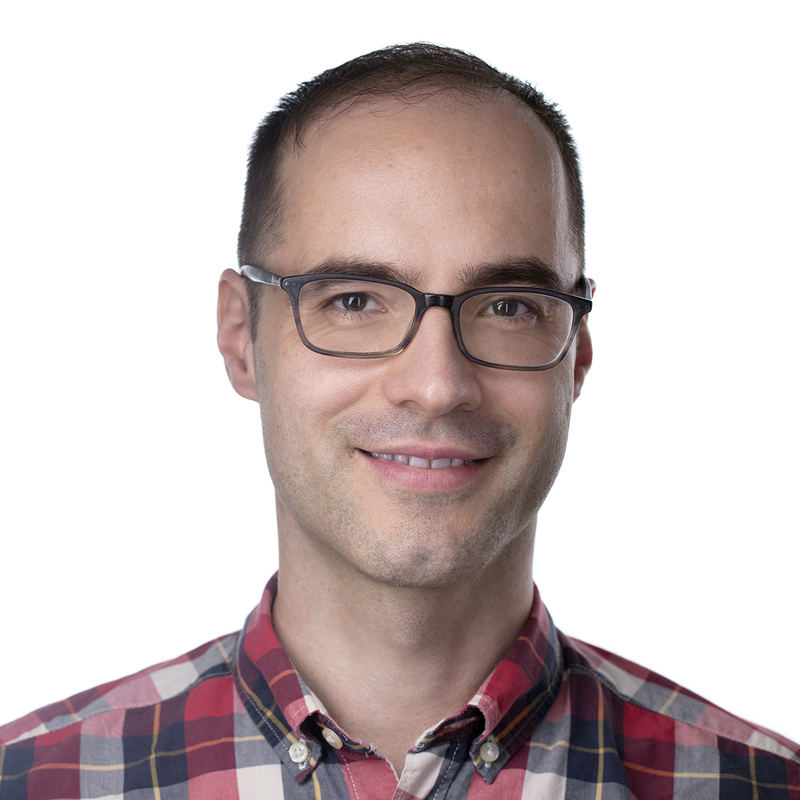
Bio
Miroslav Dudík is a Senior Principal Researcher in machine learning at Microsoft Research, NYC. His research focuses on combining theoretical and applied aspects of machine learning, statistics, convex optimization, and algorithms. Most recently he has worked on contextual bandits, reinforcement learning, and algorithmic fairness. He received his PhD from Princeton in 2007. He is a co-creator of the Fairlearn toolkit for assessing and improving the fairness of machine learning models and of the Maxent package for modeling species distributions, which is used by biologists around the world to design national parks, model the impacts of climate change, and discover new species.

Bio
Johannes Kirschner is a postdoc fellow with Csaba Szepesvari at the University of Alberta. His research is focused on algorithms for reinforcement learning, experimental design and data-driven decision making. Johannes' research interests span theoretical foundations to real-world applications. He is supported by an "Early Postdoc Mobility fellowship" of the Swiss National Foundation. Before joining the University of Alberta, Johannes obtained his PhD at ETH Zurich.

Bio
I am currently a senior researcher at Microsoft Research New England. Starting in 2023, I will be joining Harvard University as an assistant professor of Computer Science and Applied Mathematics.
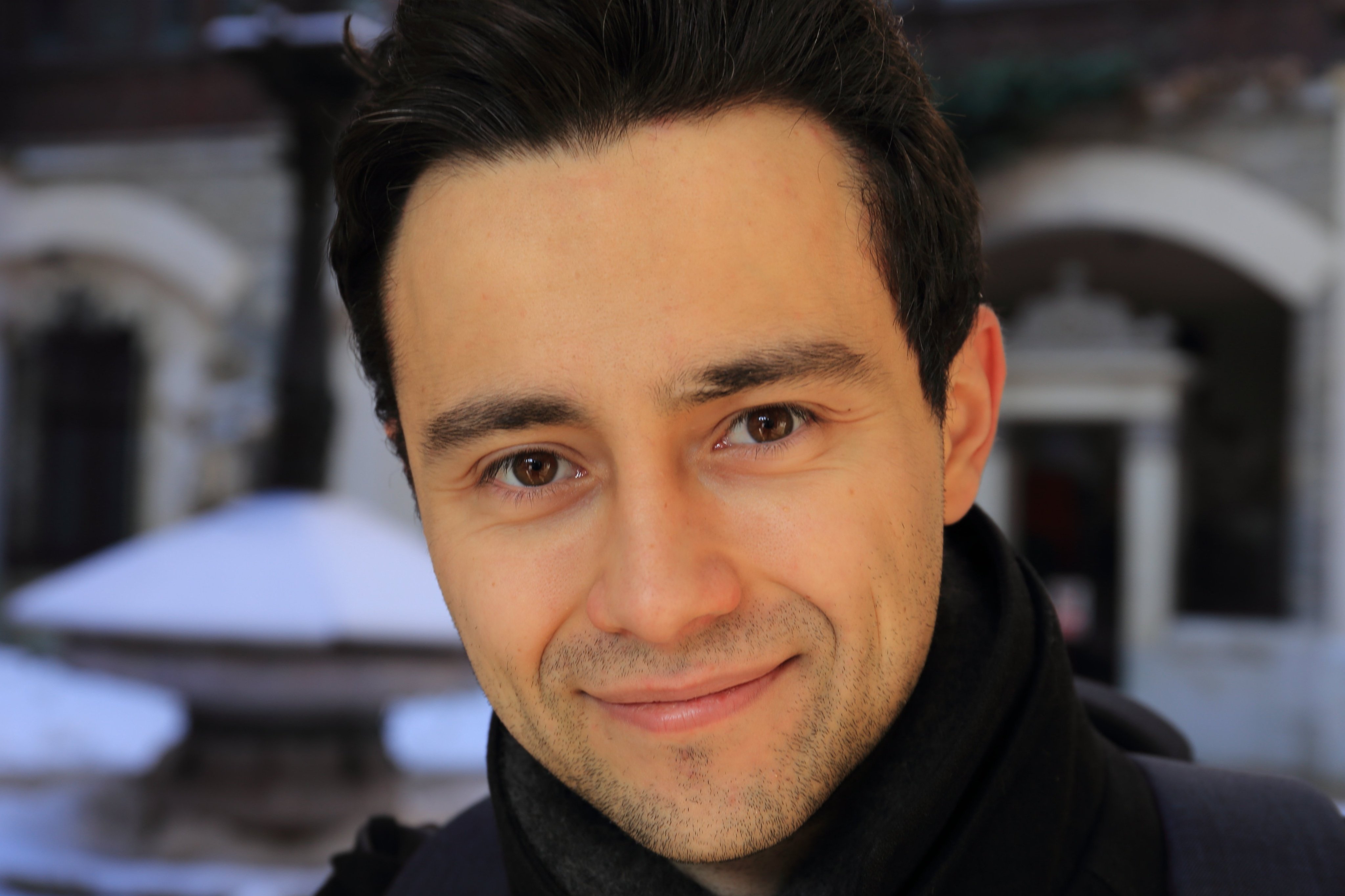
Bio
Horia is a postdoctoral associate at MIT, in the Laboratory for Information and Decision Systems. He completed his PhD studies at UC Berkeley under the guidance of Michael I. Jordan and Benjamin Recht, and prior to that he obtained a BA in mathematics from Princeton University. Horia is the winner of the 2021 Eli Jury award for contributions to control theory. Horia is broadly interested in machine learning and its connections to statistics, optimization, and control theory.




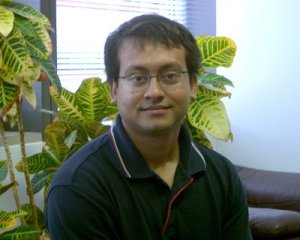
Bio
Arindam Banerjee is a Founder Professor at the Department of Computer Science, University of Illinois Urbana-Champaign. His research interests are in machine learning. His current research focuses on computational and statistical aspects of over-parameterized models including deep learning, spatial and temporal data analysis, generative models, and sequential decision making problems. His work also focuses on applications of machine learning in complex real-world and scientific domains including problems in climate science and ecology. He has won several awards, including the NSF CAREER award, the IBM Faculty Award, and six best paper awards in top-tier venues.



Bio
Jakob Foerster started as an Associate Professor at the department of engineering science at the University of Oxford in the fall of 2021. During his PhD at Oxford he helped bring deep multi-agent reinforcement learning to the forefront of AI research and interned at Google Brain, OpenAI, and DeepMind. After his PhD he worked as a research scientist at Facebook AI Research in California, where he continued doing foundational work. He was the lead organizer of the first Emergent Communication workshop at NeurIPS in 2017, which he has helped organize ever since and was awarded a prestigious CIFAR AI chair in 2019. His past work addresses how AI agents can learn to cooperate and communicate with other agents, most recently he has been developing and addressing the zero-shot coordination problem setting, a crucial step towards human-AI coordination.
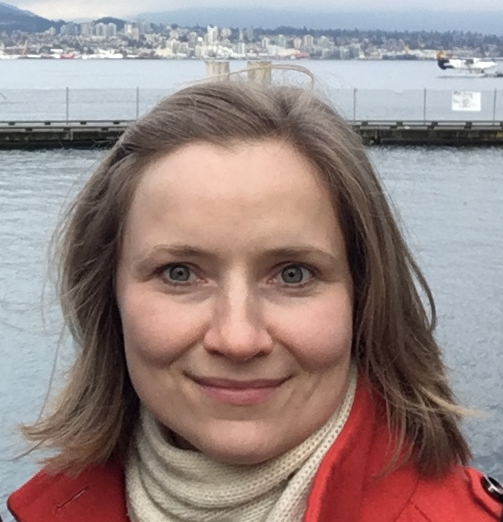
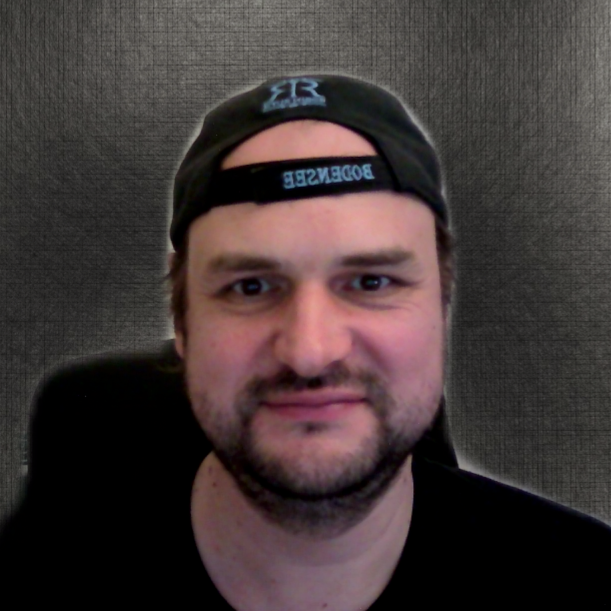
Bio
Currently, I am working as a Researcher in Information Visualisation, Visual Analytics, and Machine Learning at IBM Research AI in Cambridge, MA. I am interested in Visualization of large data sets of unstructured/semi-structured data, biological data, and neural network models. I enjoy advising students and enable them to do great work.
I try to be a good citizen in the community by reviewing regularly (InfoVis 2010-2018, BioVis 2012/13, CHI 2011/2014/2017-18, VAST 2010-2018, EuroVis,...), participating in InfoVis PC 2017-19, the VIS OC 2017-19, the BioVis 2013 OC and PC, and other committees. I had the honor to attend three great and motivating Dagstuhl seminars on InfoVis, BioVis, and Progressive Data Science. Oh, and I like to give talks from time to time.
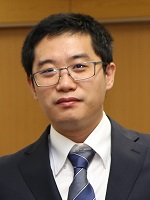
Bio
Gang Niu is currently an indefinite-term senior research scientist at RIKEN Center for Advanced Intelligence Project.

Bio
Sivan Sabato is an Associate Professor at the Department of Computer Science at Ben Gurion University of the Negev. Before that, she was a post-doctoral fellow at Microsoft Research New England. She received her Ph.D. from the School of Computer Science and Engineering at the Hebrew University of Jerusalem. Prof. Sabato is a recipient of the Alon Scholarship of the Council for Higher Education of Israel for excellent new faculty. She is also a recipient of the Google Anita Borg Memorial Scholarship, and an alumna of the Adams Fellowship Program of the Israel Academy of Sciences and Humanities.